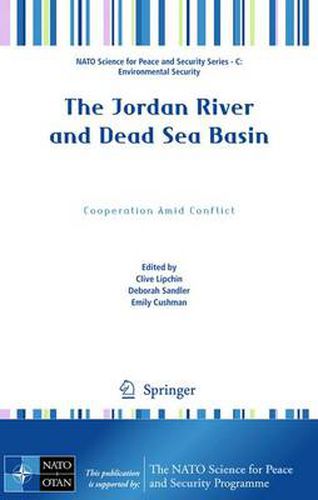Readings Newsletter
Become a Readings Member to make your shopping experience even easier.
Sign in or sign up for free!
You’re not far away from qualifying for FREE standard shipping within Australia
You’ve qualified for FREE standard shipping within Australia
The cart is loading…






This title is printed to order. This book may have been self-published. If so, we cannot guarantee the quality of the content. In the main most books will have gone through the editing process however some may not. We therefore suggest that you be aware of this before ordering this book. If in doubt check either the author or publisher’s details as we are unable to accept any returns unless they are faulty. Please contact us if you have any questions.
The 21st century will present unprecedented challenges. Already in its first decade we have seen the dramatic impact of two systemic risks, that of climate change and that of the financial crisis. The cause but also the solution to these crises lies in a deeper understanding of the underlying factors and int- dependencies. New ways must be found to overcome deep obstacles and find common solutions to seemingly intractable problems. The water crisis in the Middle East is a central challenge of the 21st century. The future of the people of the region depends on finding lasting solutions. Due to the exhaustion and pollution of available sources, compounded by climate change, demographic change and economic development, the pressures of water resource management will grow. New solutions must urgently be found as business as usual is not sustainable. This book provides vital new insights into possible elements of a sustainable future in one key area, that of the Jordan River and Dead Sea Basin. The future development of the Jordanian, Palestinian and Israeli people depends on finding a just and sustainable system of water resource management in this Basin. Given the potential for regional and other conflicts arising out of tensions over water, the ramifications are wider and even global in significance. This volume provides fresh regional and international perspectives which greatly assist in our understanding of the issues and their possible resolution.
$9.00 standard shipping within Australia
FREE standard shipping within Australia for orders over $100.00
Express & International shipping calculated at checkout
This title is printed to order. This book may have been self-published. If so, we cannot guarantee the quality of the content. In the main most books will have gone through the editing process however some may not. We therefore suggest that you be aware of this before ordering this book. If in doubt check either the author or publisher’s details as we are unable to accept any returns unless they are faulty. Please contact us if you have any questions.
The 21st century will present unprecedented challenges. Already in its first decade we have seen the dramatic impact of two systemic risks, that of climate change and that of the financial crisis. The cause but also the solution to these crises lies in a deeper understanding of the underlying factors and int- dependencies. New ways must be found to overcome deep obstacles and find common solutions to seemingly intractable problems. The water crisis in the Middle East is a central challenge of the 21st century. The future of the people of the region depends on finding lasting solutions. Due to the exhaustion and pollution of available sources, compounded by climate change, demographic change and economic development, the pressures of water resource management will grow. New solutions must urgently be found as business as usual is not sustainable. This book provides vital new insights into possible elements of a sustainable future in one key area, that of the Jordan River and Dead Sea Basin. The future development of the Jordanian, Palestinian and Israeli people depends on finding a just and sustainable system of water resource management in this Basin. Given the potential for regional and other conflicts arising out of tensions over water, the ramifications are wider and even global in significance. This volume provides fresh regional and international perspectives which greatly assist in our understanding of the issues and their possible resolution.